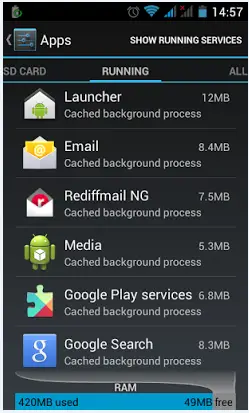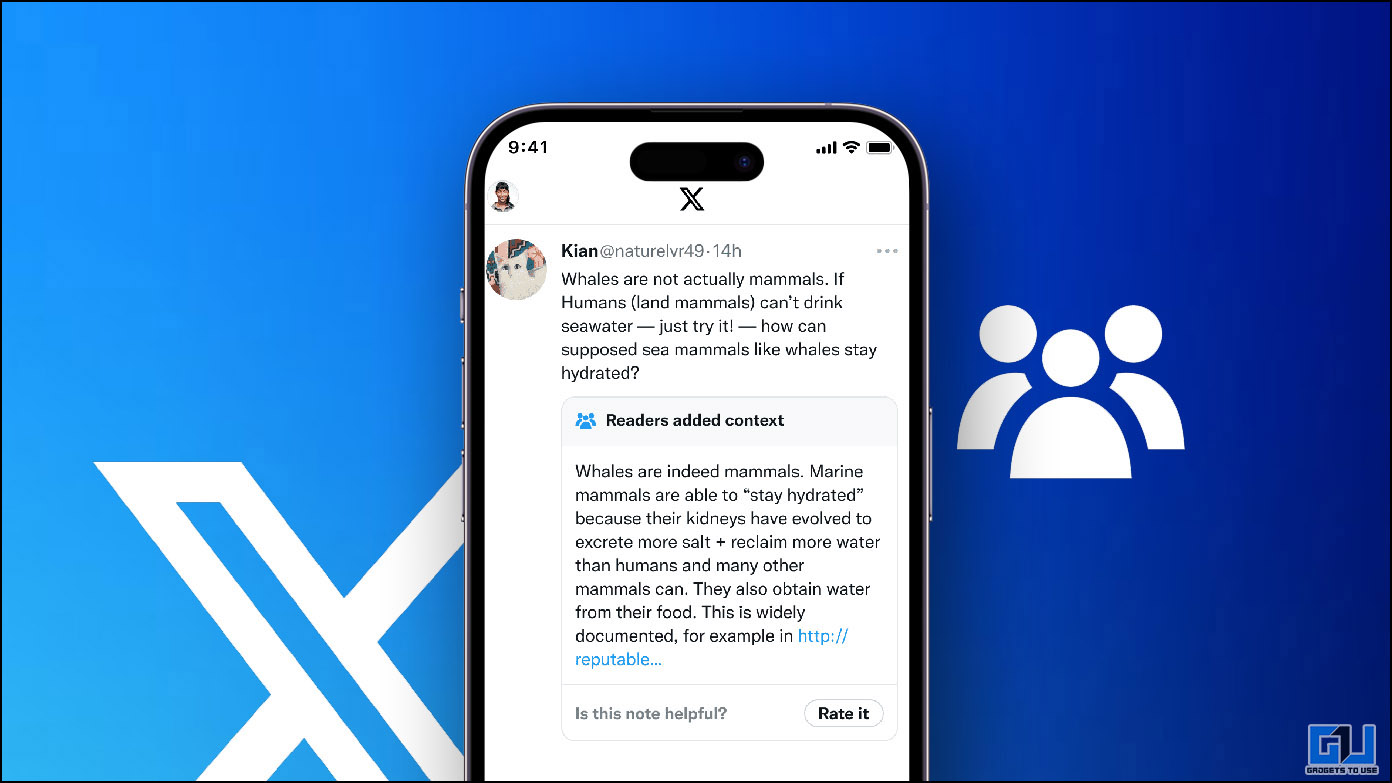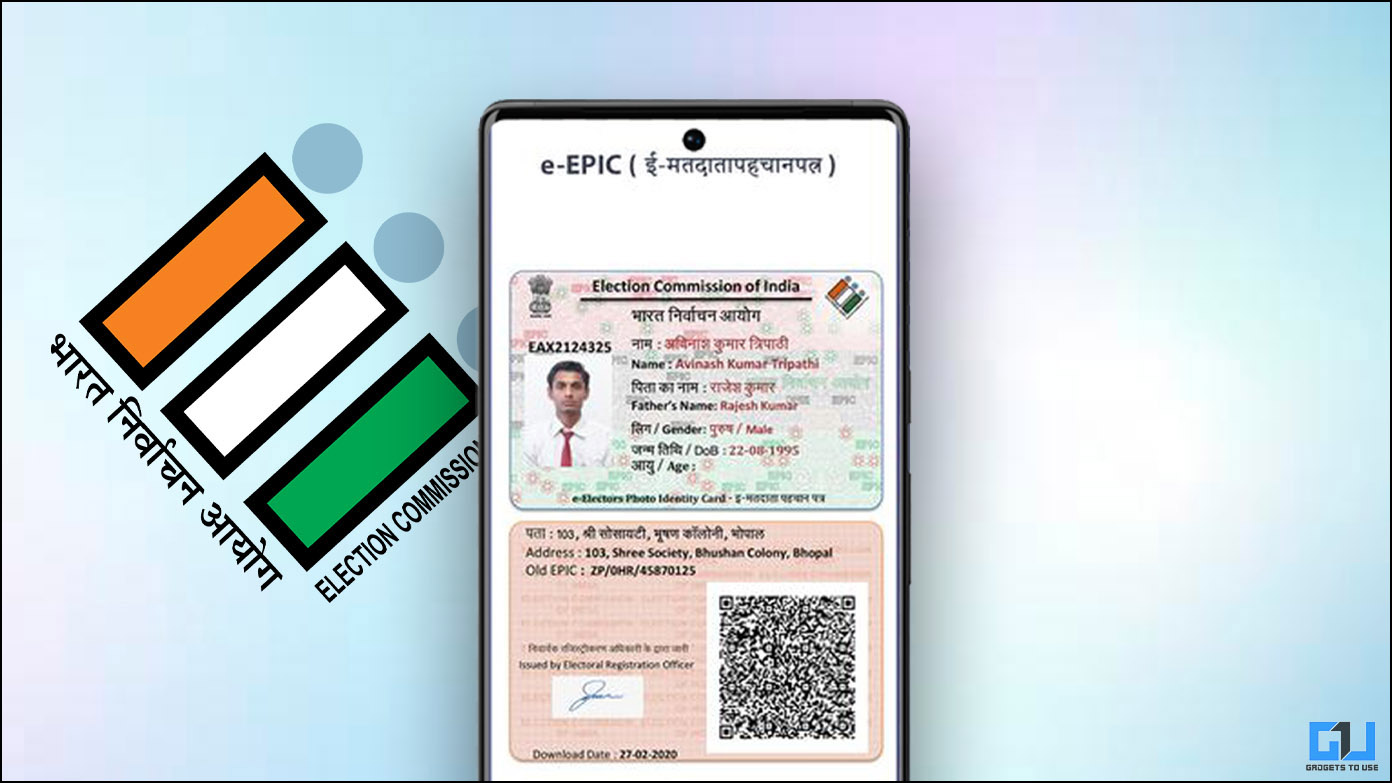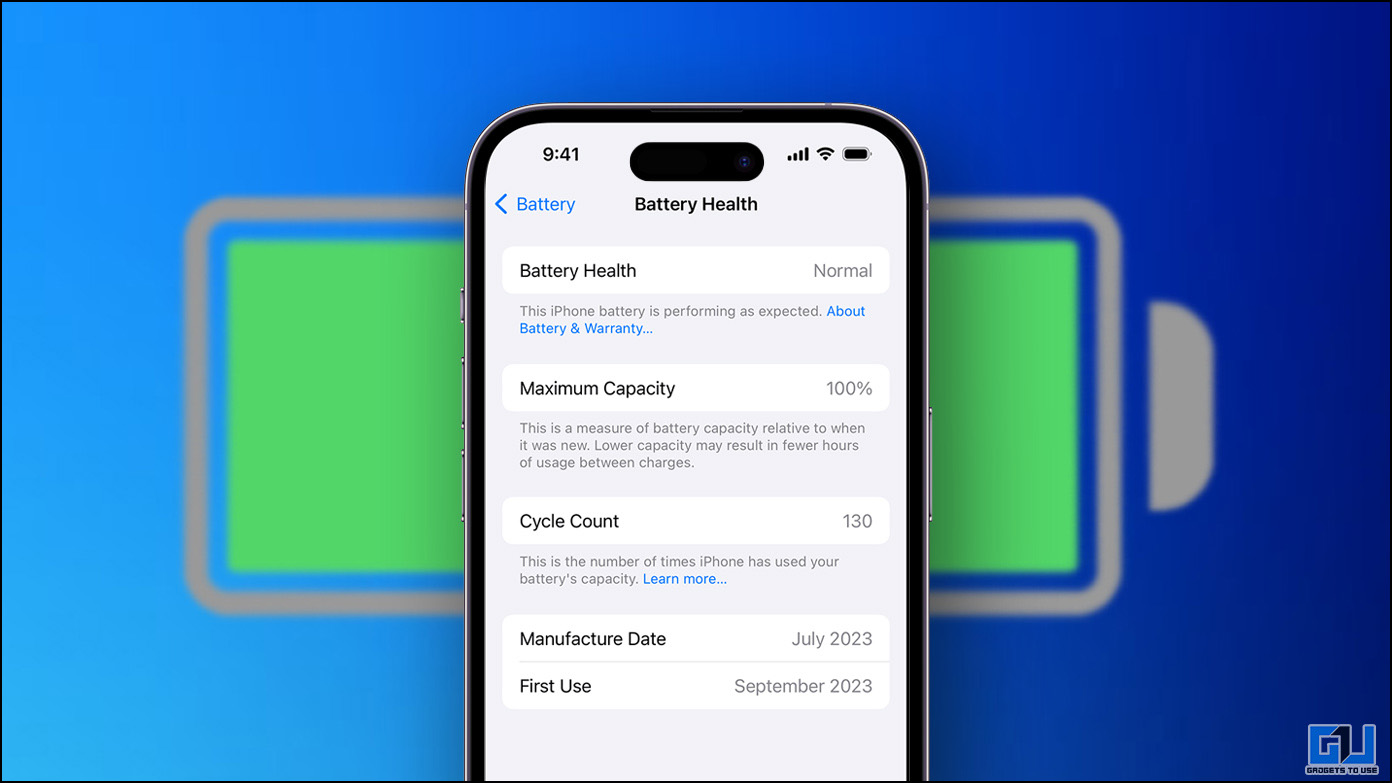RAM as you call it stands for Random access memory, allows data to be read and written at virtually the same amount of time regardless of the order they are accessed. RAM is one of the critical components of the smartphone along with the processor and the GPU. Without RAM your smartphone would profusely lag and performing even basic processing will irritate you. The processor takes far less time to load data when it retrieves the same from the RAM rather than from the internal storage.
RAM acts as a bridge between the file system and the CPU. Critical files required for the running of the OS are stored in the RAM, so that they are easily accessible. These files could range from anything like application data, game files or OS files.
RAM in Smartphones
Currently smartphones use DRAM where “D” stands for dynamic. DRAM stores each bit in a separate capacitor which have a tendency to leak small charge over a period of time. The information will evaporate if the capacitor’s charge is not refreshed in a periodic fashion.
The advantage of the RAM being dynamic is that the storage can be refreshed to cope with the tasks your smartphone is trying to perform. Let’s say if your OS was the size of 2 GB on disk, it would not make sense to archive the whole thing especially if your smartphone packs a mere 512 MB of RAM.
The Apps that you download and install are first loaded in the RAM and then executed. Those Apps remain in the RAM after you are no longer using them and they have been shifted to background. The next time you use those apps they will be readily available for retrieval from the RAM unless they have been removed. With continuous usage, the Apps that you use most frequently get placed on your RAM. Well, that depends on how much RAM your smartphone packs!
RAM Size Does Matter
When you go for a smartphone, the only aspect related to RAM which is of importance is the size. It’s very simple, more the RAM, more is the info that can be stored and accessed by the system. Normally you should not bother about the power consumption of the storage as it is a small fraction of the processor and the display consumption rates.
The apps generally use a small amount of RAM and so many apps can run simultaneously. It is the OS which decides while multitasking which app to kill depending on the usage frequency, thus freeing up RAM for other applications. If you are using just half of your RAM then don’t expect an improvement in the speed of your phone if you hypothetically say double or tripple it. The OS’s ability to suspend apps varies from one to another and thus Windows phone appear to be much more silky and responsive when the devices it runs on packs only 512 MB RAM.
However that does not mean that a large RAM is not useful. 1 GB RAM currently may be good enough for running apps and the system files. But when it comes to games and particularly 3-D ones, RAM size does matter. Games consume large portion of RAM as they require a variety of files to be loaded to run. These include graphics files, 3-D models, sound and textures to name a few. High end games normally consume not more than 300-400 MB RAM space but when you have apps running with it in the background then you might experience a drag which may impact your gaming performance.
Speed Matters as Well
One attribute of RAM that is often overlooked by users when measuring the phone’s performance is the speed. It is pointless to have a large RAM with a low I/O speed. Smartphones generally house RAM with clock speed running in the range of 300-500 Mhz which is adequate for running apps.
Will More RAM affect Smartphone Battery?
You won’t see any noticeable degradation in battery life and thus don’t have to worry about it. More RAM does imply that more apps will lie in it, but that won’t tax your battery. You might even get some performance boost as CPU won’t have to fetch frequently required info from nand flash storage every single time (Which consumes more power)
Conclusion
Currently smartphones with 3 GB RAM are very rare, only high end smartphones like Samsung Galaxy Note 3 offer that to the consumers. The trend of stacking up RAM gained pace till 2 GB but now it has halted, probably because of the apps which don’t need that much of space. But in the coming year with the arrival of 64 bit chipsets, we will see more phones with 4 GB and higher RAM. iOS and Windows Phone users don’t face any severe RAM issues even in the low end devices, but Android is still not there yet.
Increasing RAM will definitely give users a performance boost, but for most moderate to heavy users, 2 GB RAM is enough considering the trending apps in the present time. It is also expected that future Android versions will be more resource efficient similar to Windows Phone and iOS. Google has already started this by making Android KitKat more resource efficient and compatible with as low as 512 MB RAM.




